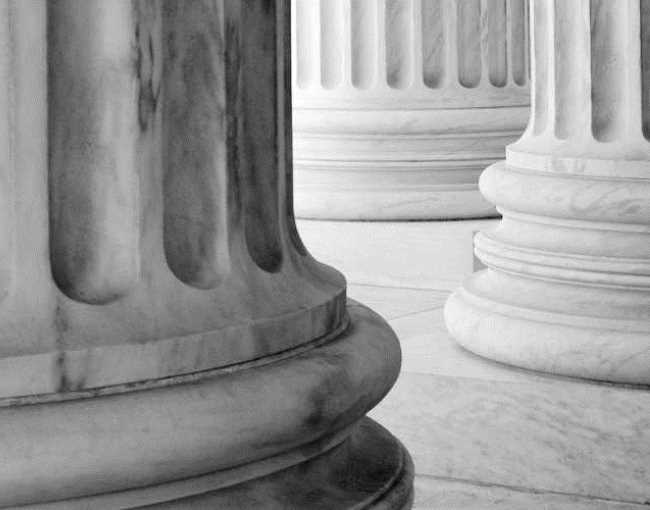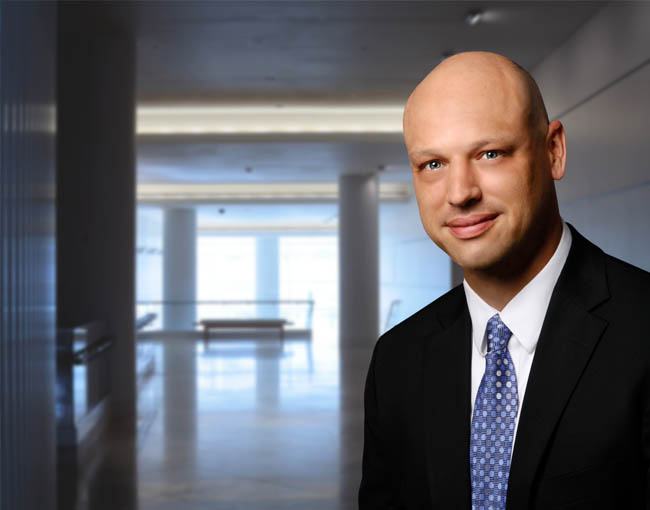
Thompson Coburn wins Illinois Supreme Court victory for ExxonMobil Coal
March 2, 2012

Peter Strassner

Paul Sonderegger
On February 2, Thompson Coburn won a unanimous victory in the Illinois Supreme Court for ExxonMobil Coal.
In 2008, a nonprofit group filed an Illinois Mining Act citizens’ suit against ExxonMobil Coal. The complaint sought an injunction requiring the excavation and offsite disposal of approximately 400 acres of coal refuse disposal sites located at a closed underground coal mine near Albers, Illinois. The nonprofit group claimed that the presence of the reclaimed coal refuse disposal areas violated the Illinois Mining Act and Water Use Act.
On behalf of ExxonMobil Coal, Thompson Coburn successfully argued in the Circuit Court that the mine’s permits authorized the reclaimed refuse disposal areas to remain on site and that the same issues had been litigated administratively when those permits had been approved.
In its opinion, the Illinois Supreme Court affirmed the dismissal of the case with prejudice.
The Court held that: 1) Mining Act citizens’ suits may not be used to attack mining permits; and 2) the nonprofit group’s members did not file a timely judicial appeal when the mine’s permits had been approved. The Court noted that if citizens’ suits were allowed to challenge mining permits, no permit would ever be final. The permit could “be reopened and reconsidered at any time, even years after a reclamation project has been completed in accordance with a permit.” This important decision confirms that Illinois coal mining operators can rely on their permits without having to defend repeated legal challenges.
Thompson Coburn partners Peter Strassner and Paul Sonderegger represented ExxonMobil Coal before the Illinois Circuit Court, Appellate Court, and Supreme Court. They were joined by co-counsel J. Timothy Eaton in representing the company in the Illinois Supreme Court.
